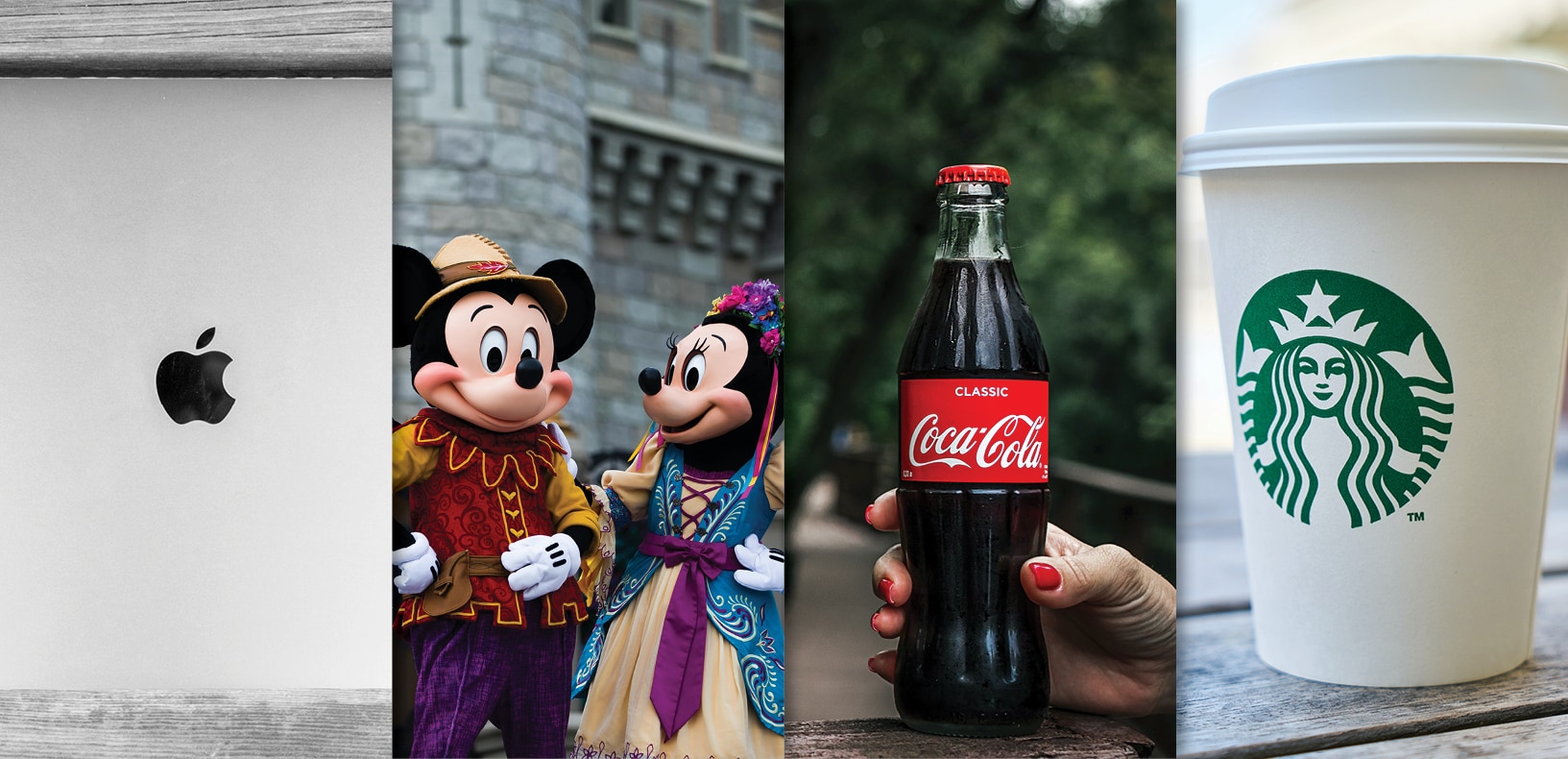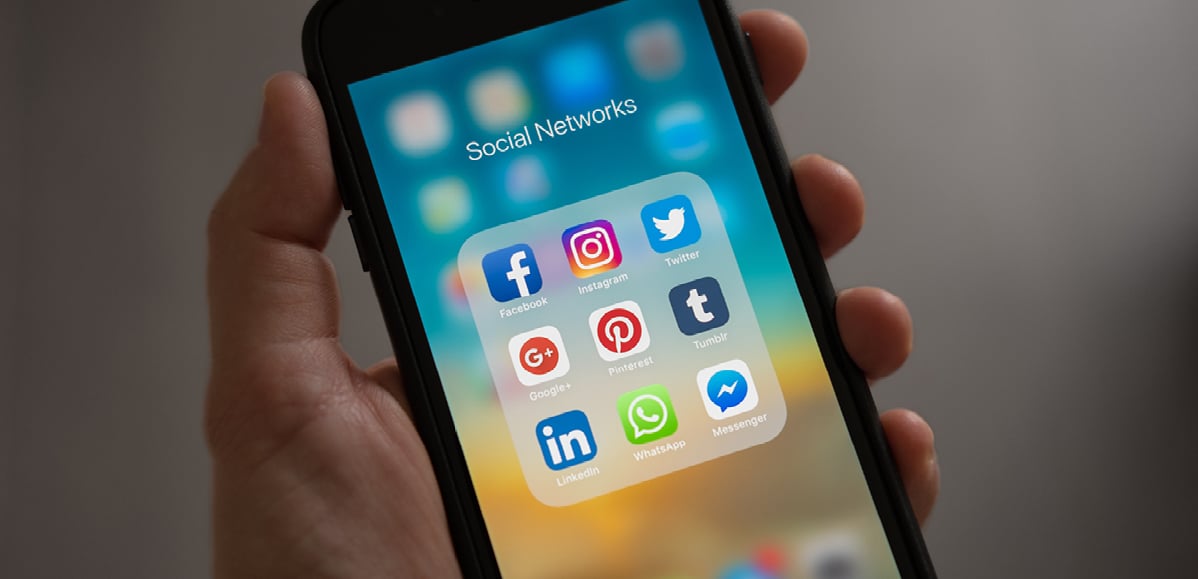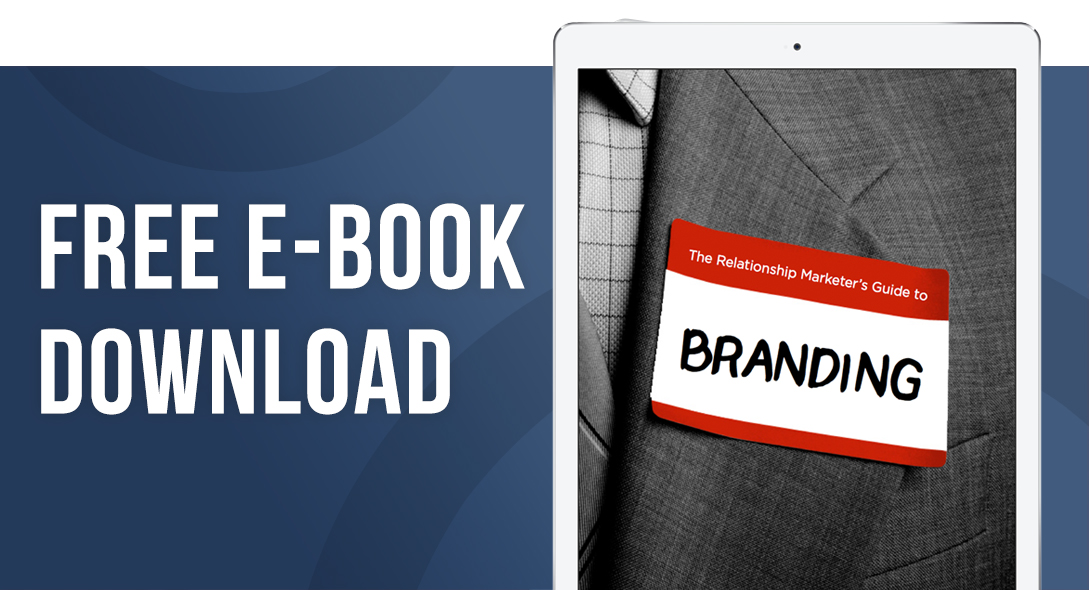Building a personal marketing plan can be a challenge, even if it’s only because not everyone understands what a personal marketing plan is.
It’s not unusual to find writers and marketers using a variety of industry terms imprecisely. You’ll even find cases where they use words and terms with different meanings interchangeably. Words such as brand and reputation, marketing and branding, and terms like unique selling proposition and unique value proposition, can seem slippery when even the experts don’t always agree.
So I’m not going to be overly concerned with semantics in this blog.
However, there’s at least one writer, Danielle Jorgensen, who has written about brand, branding, and marketing in a way that I think is especially useful to real estate agents whose names, if different from the names on the shingles they hang on their businesses, are, nevertheless, often equated with their businesses. So, I’m going to follow her lead.
What is a personal brand?
I want to start with what most people are familiar with when they hear the word brand.
A company brand is a strategically constructed identity portrayed and sustained by what the company stands for, promotes, and does. Importantly, it’s what people remember about a company regardless of whether they’ve ever made a purchase.
You’re undoubtedly familiar with at least a few strong brands:
- Apple: Innovative, creative, imaginative products that resonate with people who are also innovative, creative, and imaginative.
- Walt Disney: Walt Disney World is also known as the happiest place on Earth. (There’s nothing more I need to say about that.)
- Coca-Cola: A consistent product that people continue to enjoy more than 100 years after the company’s founding, Coke is the product that promotes fun, family, and sharing among polar bears as easily as between friends.
- Starbucks: You can get a cup of joe at any old coffee shop, but at Starbucks, you’ll get a custom-made coffee quickly from the friendly staff in a cozy, classy atmosphere.
While a company brand is a strategically constructed identity, your personal brand is your authentic self.
Your personal brand is the sum of what you believe and what you value. It’s the essence of who you are, what you stand for, and what motivates you to do what you do. It’s your identity—who you are as you understand yourself—without regard for anyone else’s opinion. (That’s reputation.)
It’s the real you, and it might be harder than you think to find out who that is. Fortunately, the folks at Outbrain have a list of questions you might ask yourself to start developing your personal brand:
- What are your core principles and values?
- What is your mission statement?
- What inspired you to build your business?
- Why do you want to offer your products or services to your target audience?
- What makes you unique?
- What is your internal company culture?
- What is your professional sense of style?
- What are your communication characteristics?
- What do you want to come to mind when someone hears your business name?
- How do you want people to feel when they think of your business?
- How do you want customers to describe you as a company?
For a short while, I had a freelance copywriting business. It wasn’t until after I had stopped being my own boss that I realized how I struggled with defining my personal brand. I fell into the trap so many others fall into—I started with an image I wanted to portray to my audience (my branding) rather than first understanding who I am and what I can offer that will connect with my ideal client (my brand).
Don’t make the same mistake I did.
Take the time to answer these questions. Revisit them and your answers two or three times. Dig deep, and share your answers with trusted advisors.
Once you have a personal brand that feels right and true, you’d do well to embrace it as you interact with your audience and promote your services. Do what you enjoy doing, do it in a way that feels right to you, work with people you like, and don’t try to be something you’re not. As Jorgensen observes:
It is not enough to articulate how you would like to be seen by others. This quite often leads to an unsustainable and inauthentic voice. Understanding your brand is about knowing who you are and telling your story in an intentional and authentic way.
There’s wisdom in those three sentences, with consequences for not only how happy you’ll be in your work but also for how you should approach your marketing in a world dominated by social media. (More on that in a minute.)
Now onto branding . . .
What is personal branding?
As we did in the previous section, let’s start with what’s familiar.
Company branding is everything a company does to shape and cultivate its brand—the design of its logo, the voice in its advertising, the protocols for interacting with customers, etc. And when a company’s branding is going well, the perception people have of its brand and the perception the company wants people to have are one and the same.
If you accept that you are your brand, then it should be easy to see that personal branding is everything you do that shapes and cultivates people’s perceptions of your true self. Personal branding is simply being yourself—and what could be easier than that? Here’s Jorgensen again:
No matter how much you focus on reputation management, everyone shows up as their true self eventually. Who you are, your true values and beliefs are revealed in every behaviour and action, and [is] the lived experience of your brand. Make the effort to discover who you are, so how you view yourself will be the same as how others view you. Do the work so what you say aligns with what you do.
That is personal branding.
The mistake you want to avoid
A quick word of caution—don’t make the mistake of equating personal branding with bragging about your person.
You can easily recognize agents and other professionals who don’t know the difference between the two. These confused souls are always talking about themselves rather than the needs of their clients, how they can solve their clients’ problems, and how they otherwise offer value to others.
It’s perfectly appropriate and a wise idea to tell a lead that you’re certified in negotiation skills, but couch that tidbit of information in a conversation about what you’re able to do for your clients that perhaps other agents can’t.
What is personal marketing?
As I wrote above, personal branding is everything you do that shapes and cultivates people’s perception of your personal brand or true self.
Marketing, on the other hand, is about defining an audience of ideal clients (rather than an ambiguous group of people); attracting them to a brand, product, or service; and persuading them to take action. Marketing focuses on eliciting a specific response, and what is done to get that response can change from one campaign to the next.
Personal marketing is little more than intentionally selecting strategies that promote you as the agent of choice to a niche audience in a way that is consistent with your personal brand and branding. Of course, your personal marketing will influence perceptions of your personal brand, and I think that’s why some people will say personal branding and personal marketing amount to the same thing. But, as I wrote earlier, we’re not going to get hung up on semantics.
The easiest way to put this all together is to say brand, branding, and marketing are the same as personal brand, personal branding, and personal marketing except that you—the agent—are the company, the image, and the product all rolled up into one.
Marketing your personal brand
Regardless of the particulars of your personal brand, you need a plan and an assortment of ways to best promote it (you) as the agent of choice. What follows are ideas curated from a variety of sources that you can adopt and adapt to stay true to yourself, the image you want to portray to your audience, and the strategies you can best employ.
Define your niche
Whether it’s one of our podcast guests talking about how niching a business is a way to higher profits, a blog that examines four of the many niches available to agents, or how we coach our clients to farm a geographic niche, we’ve long-advised clients to select a focused segment of the market to target leads.
By selecting a niche, you will:
- Develop expertise. Think about it for a minute. If I’m a luxury buyer, I want my agent to know everything about the luxury market and couldn’t care less what they might know about agricultural properties. The more you know about your area of specialty, the more confident you become and the easier it is for your clients to trust you.
- Limit your competition. Instead of competing with all agents, you’ll compete only against those who share your specialty. And the more specialized your niche, the less competition you’ll encounter. You could be a luxury agent, or you could be a luxury agent who specializes in upscale log cabins.
- Produce demand for your services. This is the simple law of supply and demand. If the demand is there and you’re one of the very few who can meet that demand, then you become more valuable.
- Sharpen your message. When marketing your personal brand, nothing is more helpful than having a well-defined niche and a detailed profile of your ideal client. You’ll understand your clients’ problems, be able to produce targeted solutions, speak their language, and meet expectations much easier than if you were working with the universe of all homebuyers and sellers.
To help you decide what niche is the best fit for you, go back and look at how you’ve defined your personal brand. Somewhere in there are clues about the kind of buyers and sellers you can best serve as a real estate agent. Ask yourself these questions:
- How do your personal life goals fit into your business?
- What do you want your workday to look like?
- How much money do you want to be making in 5 years? In 10 years?
- Do you want to manage a team of agents? How big do you want that team to be?
You can also use this free worksheet to help you focus your thinking, record your ideas, and define your ideal client.
Develop a social media presence
Here’s the thing about social media—everyone is using it, and it’s hard to stand out, but it’s a necessary and effective way to promote your real estate business. However, to make it work for you, you need to consistently post content that is useful to the people you want to reach (a post is not a presence), and your content must be educational, entertaining, and endearing.
We’ve brought a dozen or more top-producing agents onto our podcast who have shared their social media tips with our audience, and I encourage you to scroll through our many episodes. But if you have limited time, then I urge you to listen to at least these three because these guests have built their extraordinarily successful real estate businesses on the backs of their social media strategies, and they offer a lot to be learned:
- How to Use Instagram to Close $50M in Sales (with Shannon Gillette)
- Use Social Media to Get Leads to Chase You (with JB Bolvadin)
- Taking Your Marketing and Lead-Gen into the Digital Age (with Ed Stulak)
The collective wisdom found in these episodes and others includes:
- Share yourself. No one wants to watch a television channel that airs nothing but commercials, so don’t always talk business. Instead, share aspects of your personal life with your audience. Give them a chance to know, like, and trust the real you. Let them experience your personal brand.
- Use video. When compared to text, videos (especially videos around 2 minutes long) are better able to catch someone’s attention; are more engaging, memorable, and likely to be shared; and are easier to produce. Video can also encompass other types of content, such as photos, music, text, links, and podcasts.
- Take a stand. Don’t be afraid to share your opinions. What you believe is a significant part of your personal brand, it’s okay that not everyone will agree with you.
If you don’t think you have the time to continuously produce quality content, then consider an automated solution. We’ve got a large library of content that we brand to you, a Facebook Scheduler you can set and forget, and suggestions for what and when to post. Click here to watch a free demo.
Use high-quality marketing materials
No matter what other aspects of your personal brand you want to promote to your audience, you will want your sphere to know that you are dependable and provide quality service. And since your personal marketing influences perceptions of your personal brand, the quality of your marketing materials alludes to you and the quality of your services.
- Newsletters: Use a professionally designed template that reflects your personal brand. As always, include content that is educational, entertaining, and endearing. Send your newsletter according to a set schedule because your readers will come to expect it. If you use a direct mail newsletter, don’t skimp on the quality of the paper or print. You can read more about real estate newsletters here.
- Personally branded direct mail: Imagine the impression you’d make with a glossy, personally branded magazine that featured your image, contact info, and business on the cover. What do you think would happen if instead of handing a buyer a business card, they left your open house with a copy of your beautiful magazine? Click here to receive a free copy of any of our magazines, and see if you aren’t impressed.
- Website: In our digital world, before a lead ever meets you face-to-face, they’ll already have formed their first impression of you. And, next to your social media pages, your website is your most powerful personal branding tool. Everything about your website—its color palette, images and videos, layout, content, ease of navigation, available tools, and security strength—lends itself to your personal branding. Your website is too important to try and wing it yourself, so work with a professional website designer or company. Both should have experience creating websites for real estate.
- Postcards: It may seem like a simple piece of marketing, but everything from the size, finish, and quality of the paper to the type of font and images you select, makes an immediate impression on almost everyone who sees a postcard. If you’re geo-farming (and I hope you are), you can see some quality real estate postcards here.
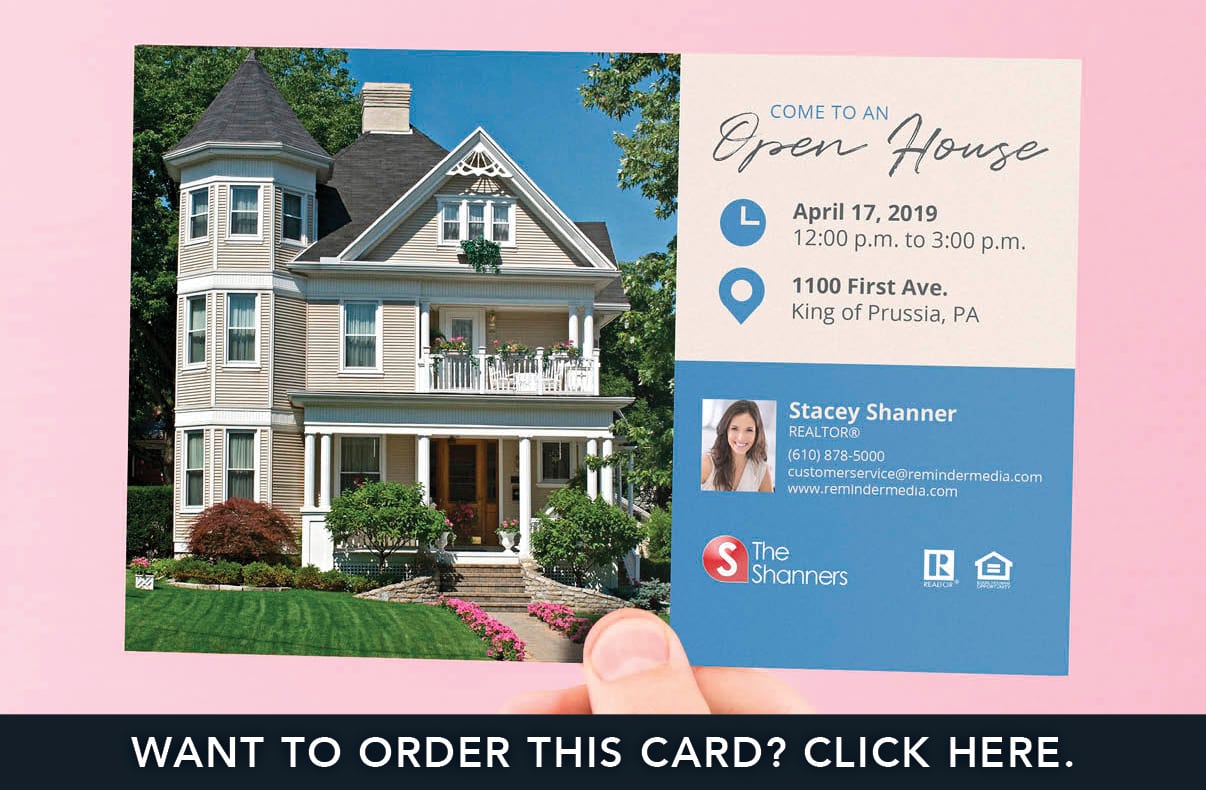
We have the top-quality real estate postcards in multiple sizes for every need. We’ll even automate your mailing. Click here to add 25 FREE postcards to your order.
Create a blog
There are several excellent reasons why you should create a blog as part of your personal marketing strategy. A blog:
- supports your authority, and you can enjoy the benefits that come with being seen as an expert;
- provides you with content you can repurpose for your social media accounts and can drive traffic to your website;
- offers you a way to add email addresses to your list when you add a subscribe button.
A blog or vlog (if you prefer shooting videos over writing text) is a supremely effective way of providing value to your ideal client.
Your goal should be to offer content rich with information that educates your audience about topics that are of interest to them. (You don’t want to make the mistake of writing about topics of interest only to you.) If you find yourself stuck for topics, you can use one or more of the available idea generators. Many of the basic tools are free to use, while the more robust versions usually have a fee attached.
As is always the case with any type of marketing strategy, you need to be consistent if you expect it to take hold. Patience is most definitely a virtue. Commit to a schedule you can stick with.
To wrap things up . . .
As a real estate agent professional in an industry where you and every other agent are buying and selling properties, your personal brand is about the only thing that will truly separate you from your competition. You want to take the time and the care in determining how you will develop, portray, and market it to your audience.
My best advice is to:
- Be authentic. In everything you say and do; don’t try to be someone you aren’t.
- Remember that you are your product. There is only one of you, so highlight what makes you special.
- Ensure that your marketing establishes you as the agent of choice. Know who your ideal client is and the niche in which they exist. Then promote yourself as an expert who reliably delivers top-quality service that satisfies their distinctive needs and solves their unique problems.






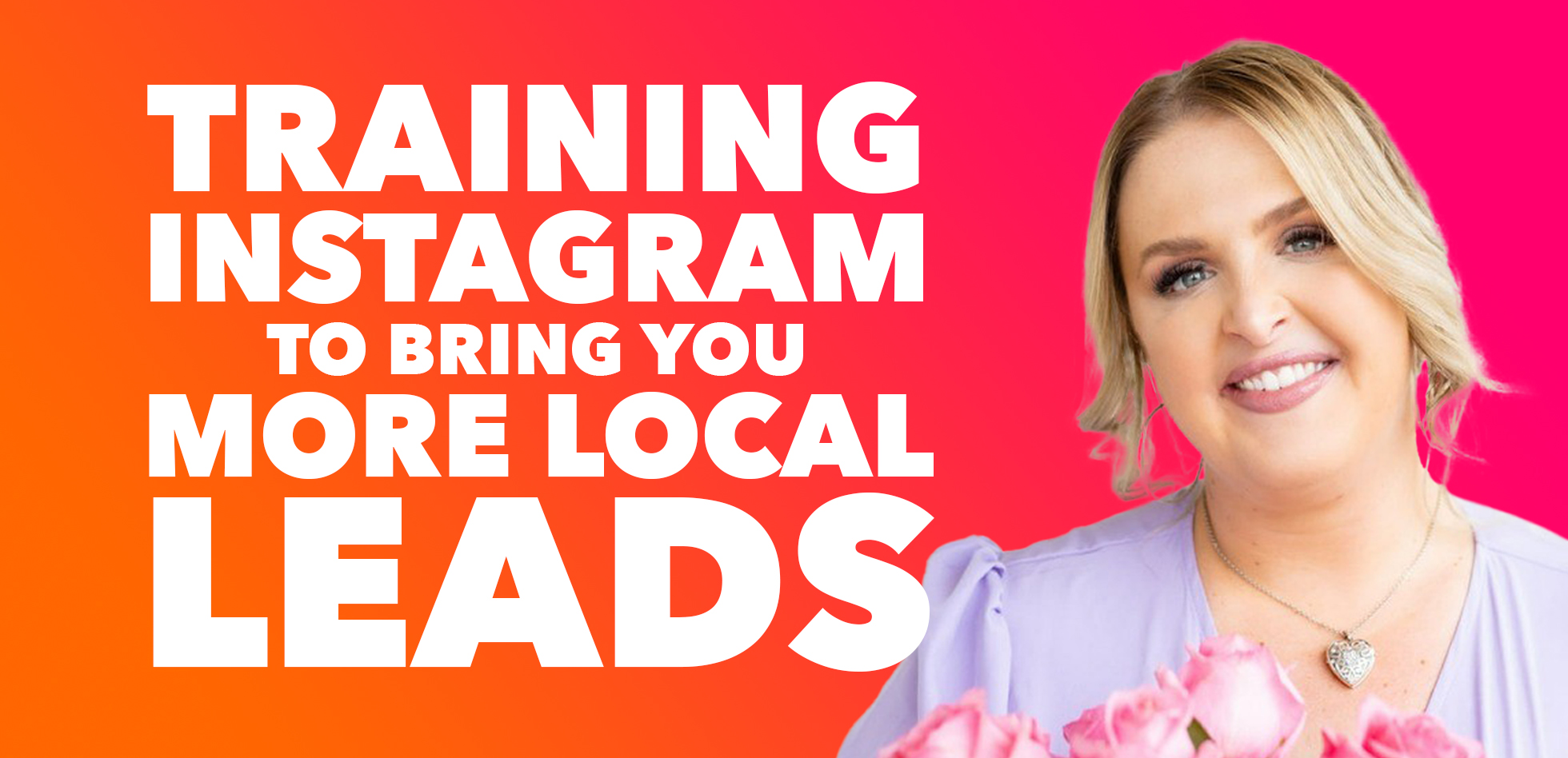

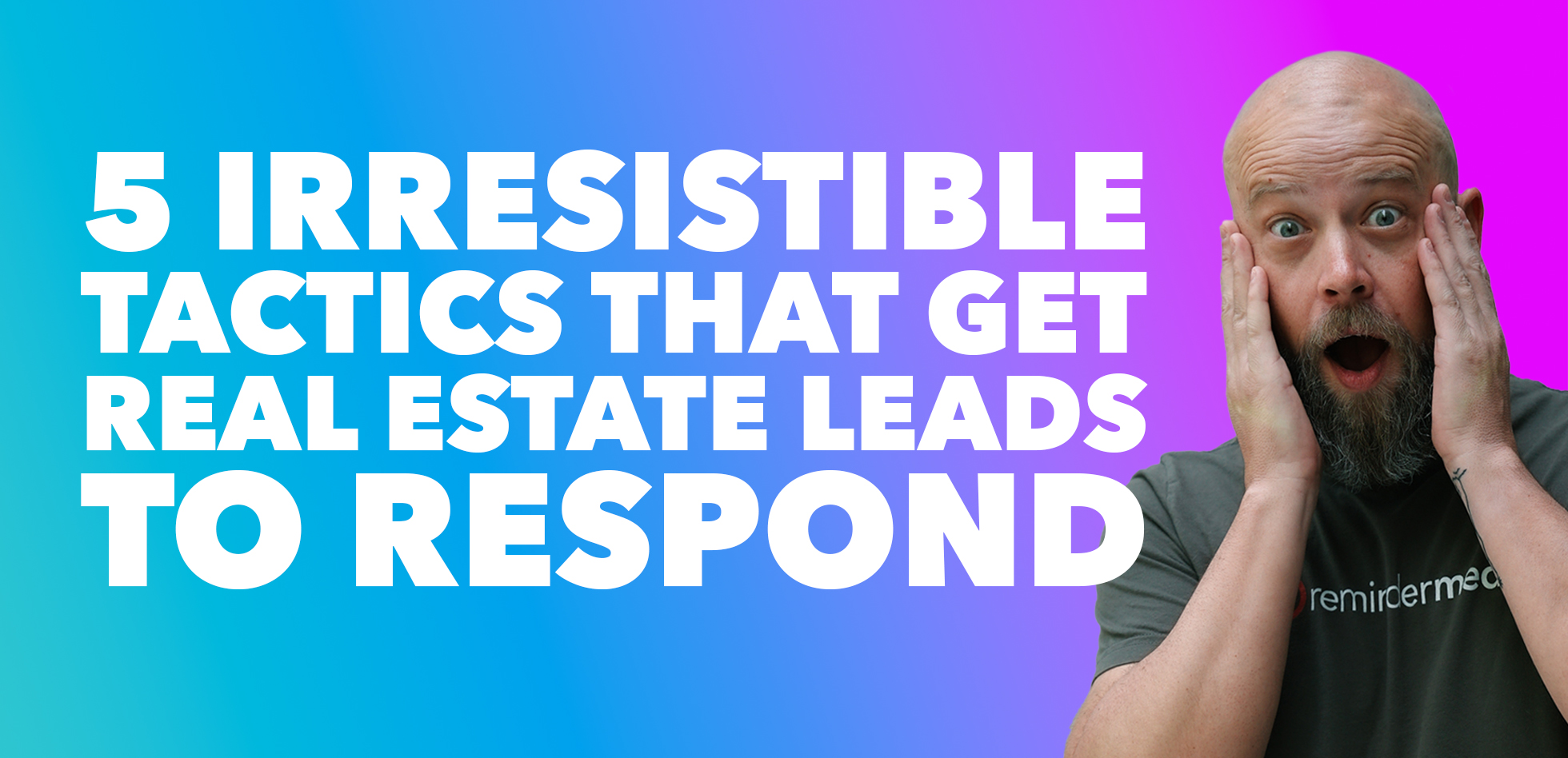
 Apple Podcasts
Apple Podcasts
 Google Play
Google Play
 Spotify
Spotify







